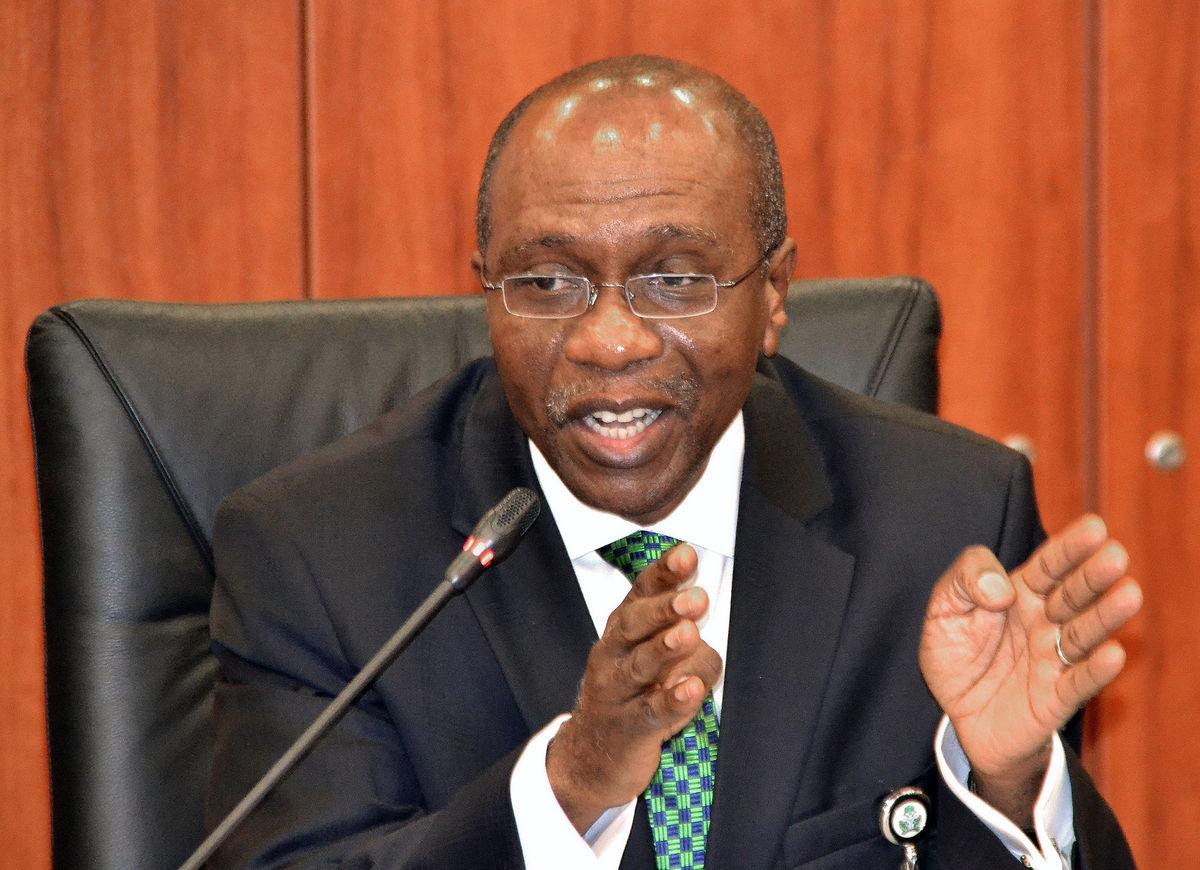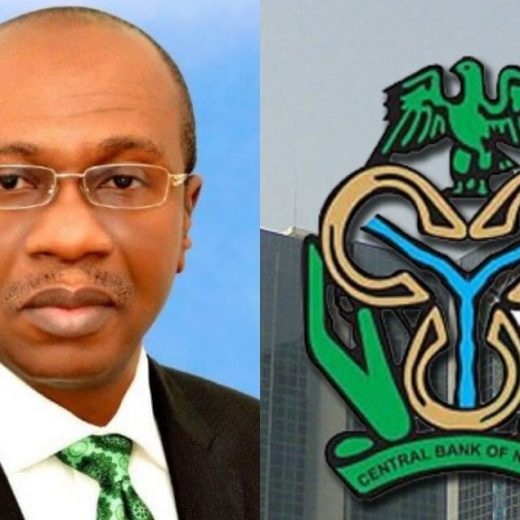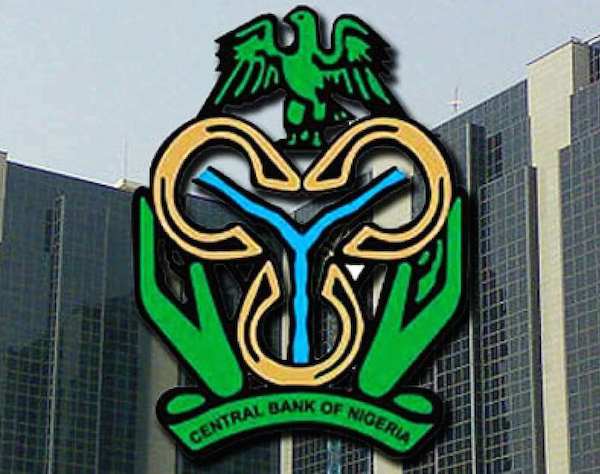Nigeria’s external reserves have retested the $40.4bn mark for the second time in three years.
This represents a 50 per cent rice in the last one year to hit $38.73bn on December 28, 2017.
According to the Central Bank of Nigeria in a statement on Monday, the external reserves hit the mark on January 5.
In January 2014, the foreign exchange reserves achieved that level, before it went down as low as $23.6bn in October 2016.
Before the nation’s fortune went south, as of September 2008, the reserves stood at $62bn, from which $12 billion was spent to settle external debts.
The apex bank projected last November that the foreign exchange reserves would hit the $40bn mark before the end of 2018.
This, it said, indicated an increase of about $1bn between December 2017 and January 2018.
The foreign exchange reserves, which stood at $38.765bn on December 29, 2017, rose to $39.074bn on January 4, data on the CBN website showed.
The foreign reserves gained $12.9bn between December 2016 and December 2017, according to the data.
Between January and October 2017, the reserves rose by $8bn, indicating a 30.9 per cent increase when it recorded $33.83bn onOctober 31.
Relative stability in the Niger Delta, uptick in the global oil prices, improvement in Diaspora remittances and establishment of the Investors and Exporters Foreign Exchange Window by the CBN in April 2017 have led to significant growth in the country’s external reserves,
especially in the second half of last year.
The Acting Director, Corporate Communications, CBN, Mr. Isaac Okorafor, while confirming the latest development, attributed the accretion to the reserves to the central bank’s strategy of effectively managing forex demand by various sectors of the economy.
Citing the CBN policy restricting access to forex by importers of some 41 items as the major turning point, Okorafor said the policy has helped to stop the haemorrhaging of the country’s external reserves, which had witnessed heavy depletion due to huge import bills and other debt obligations.
According to him, the CBN policy has ensured a decline in Nigeria’s import bills from over $5bn monthly in 2015 to about $1.5bn in 2017.
As the apex bank gets cooperation from fiscal authorities, the external reserves, he said, will continue to expand in the course of 2018.

 Football1 day ago
Football1 day ago
 Business1 week ago
Business1 week ago
 Business7 days ago
Business7 days ago
 Education1 week ago
Education1 week ago
 Crime1 week ago
Crime1 week ago
 Covid-191 week ago
Covid-191 week ago
 Business1 week ago
Business1 week ago
 Latest5 days ago
Latest5 days ago







